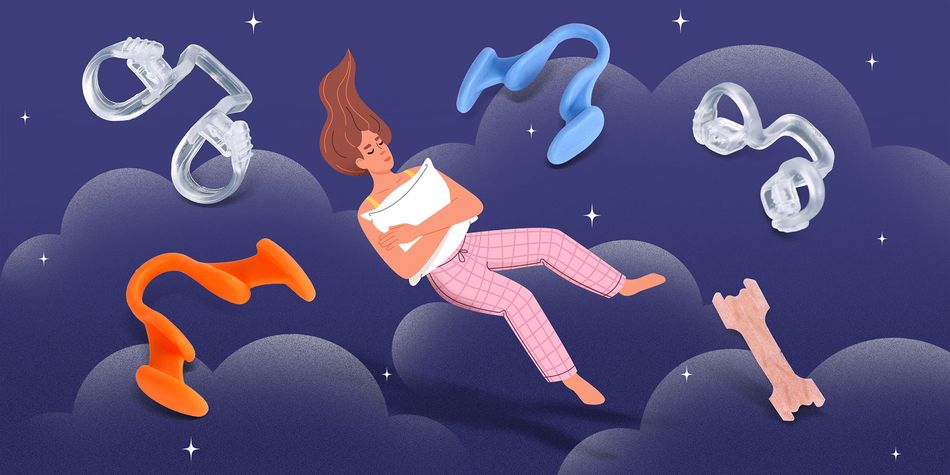By clicking a retailer link you consent to third-party cookies that track your onward journey. This enables W? to receive an affiliate commission if you make a purchase, which supports our mission to be the UK's consumer champion.
Having trouble sleeping? Don't use a sleep tracker
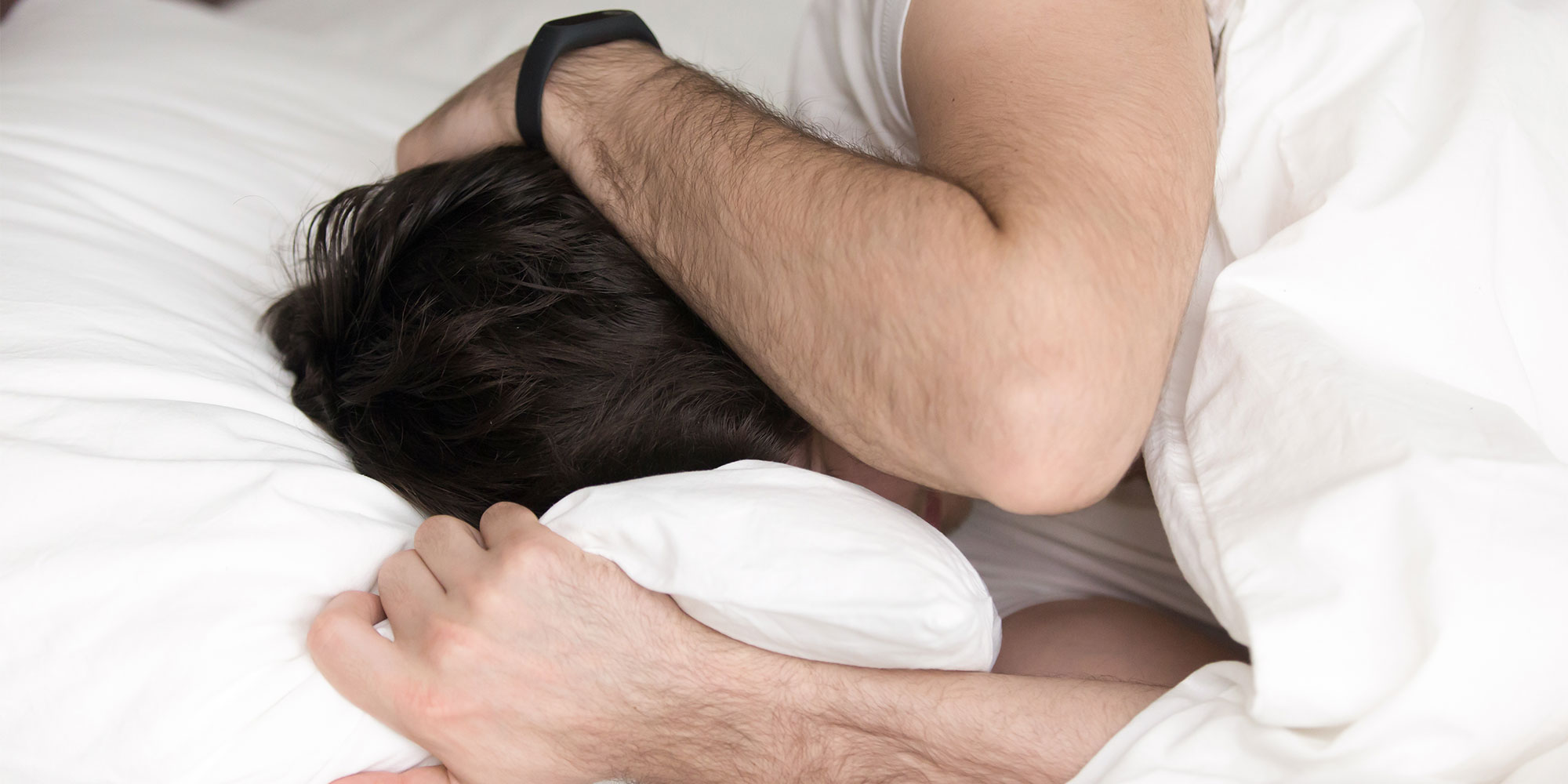
If you're tired of tossing and turning, you’ve probably wondered if a sleep tracker could finally crack the code to a good night's rest. It’s a tempting idea, but is it a good one?
To get to the bottom of it, we asked two experts in the field for their take on when and when not to try sleep tracking with a wearable, plus Which? members can see expert picks for sleep trackers and smart rings from our lab tests.
See the fitness trackers that passed our tests and expert advice on how to use them in best fitness trackers
Using a sleep tracker to tackle insomnia
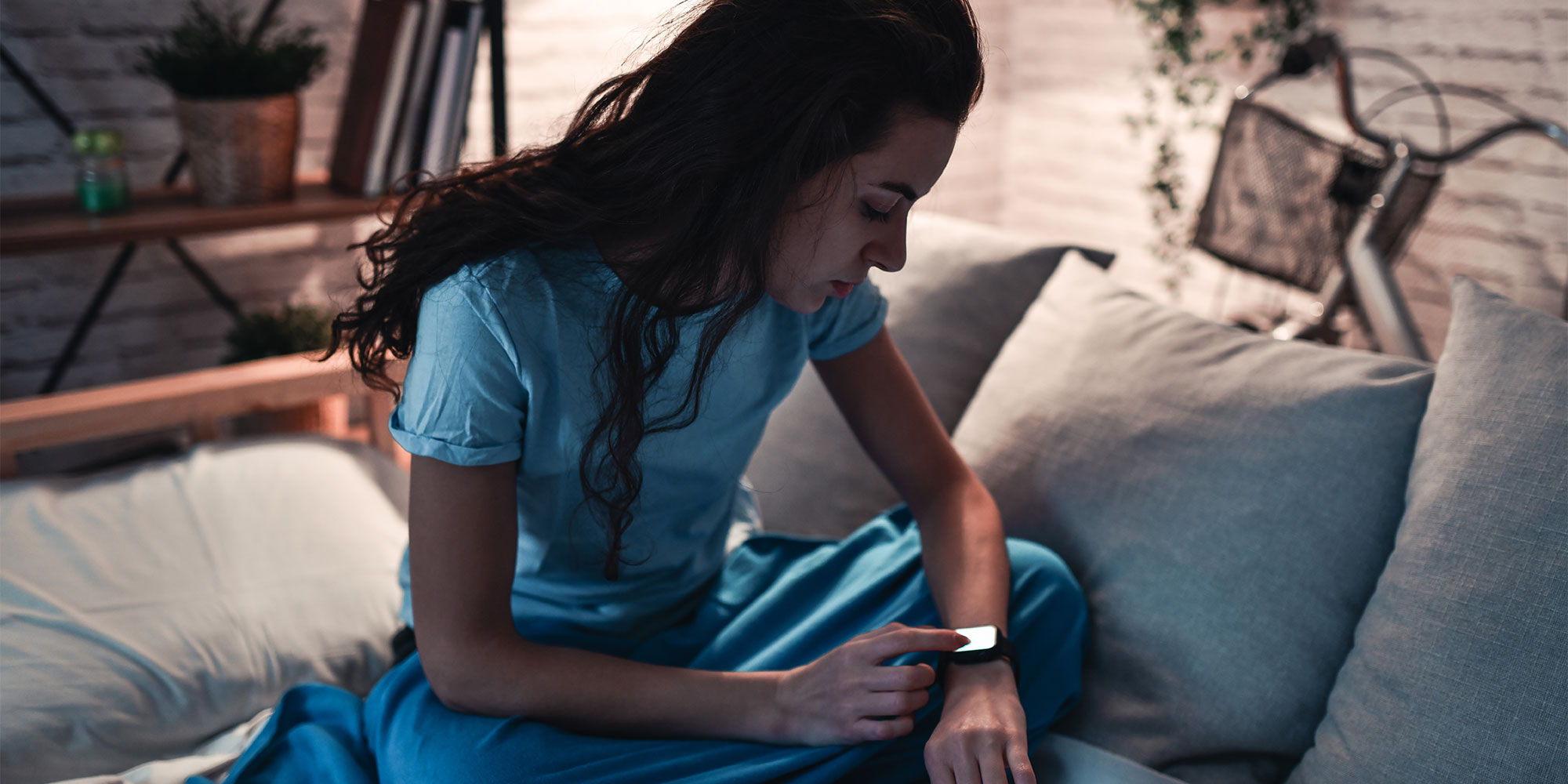
Our experts’ advice on insomnia and sleep trackers is clear and direct. Sleep specialist Kathryn Pinkham, founder of The Insomnia Clinic, explains that for people with consistent sleep issues, the data from trackers often does more harm than good, as it often fuels worry without offering actionable solutions.
She says: 'Devices generally detect time in bed well, but they're far less reliable in identifying wakefulness, estimating total sleep time or differentiating sleep stages. Many overestimate sleep and underestimate wakefulness, making them poor at detecting night awakenings or accurately assessing deep or REM sleep.'
Kathryn explains that if you already feel you've had a bad night, having a tracker confirm it only adds pressure, and this can kick off a negative cycle. Seeing a poor sleep score in the morning can lower your motivation and increase anxiety about the following night. This results in hypervigilance about sleep and is one of the key factors that keep insomnia going.
Trackers don’t play any role in treating insomnia, and research shows they can create ‘orthosomnia’ – the fixation on perfect sleep metrics. Users may push for unrealistically high scores, increase time in bed, and amplify sleep anxiety without solving the underlying issue. For these reasons, Kathryn recommends clients and course users stop tracking their sleep entirely when working to resolve insomnia.
Professor Guy Leschziner, a consultant neurologist and sleep physician, agrees: 'If a step counter tells you that you have not walked enough, you can get up and go for a walk. If you can't sleep despite wanting to and being in bed, you can't simply sleep more.'
His general advice is that if you have insomnia, a sleep tracker should be avoided as it may exacerbate anxiety surrounding sleep without providing any way of resolving that, and can worsen the condition. See our guide on tips for better sleep for more help if you're having trouble.
Visit our mattress reviews to see the Emma, Eve and Simba mattresses we’ve tested
Can sleep trackers be used for other sleep disorders, such as sleep apnoea?
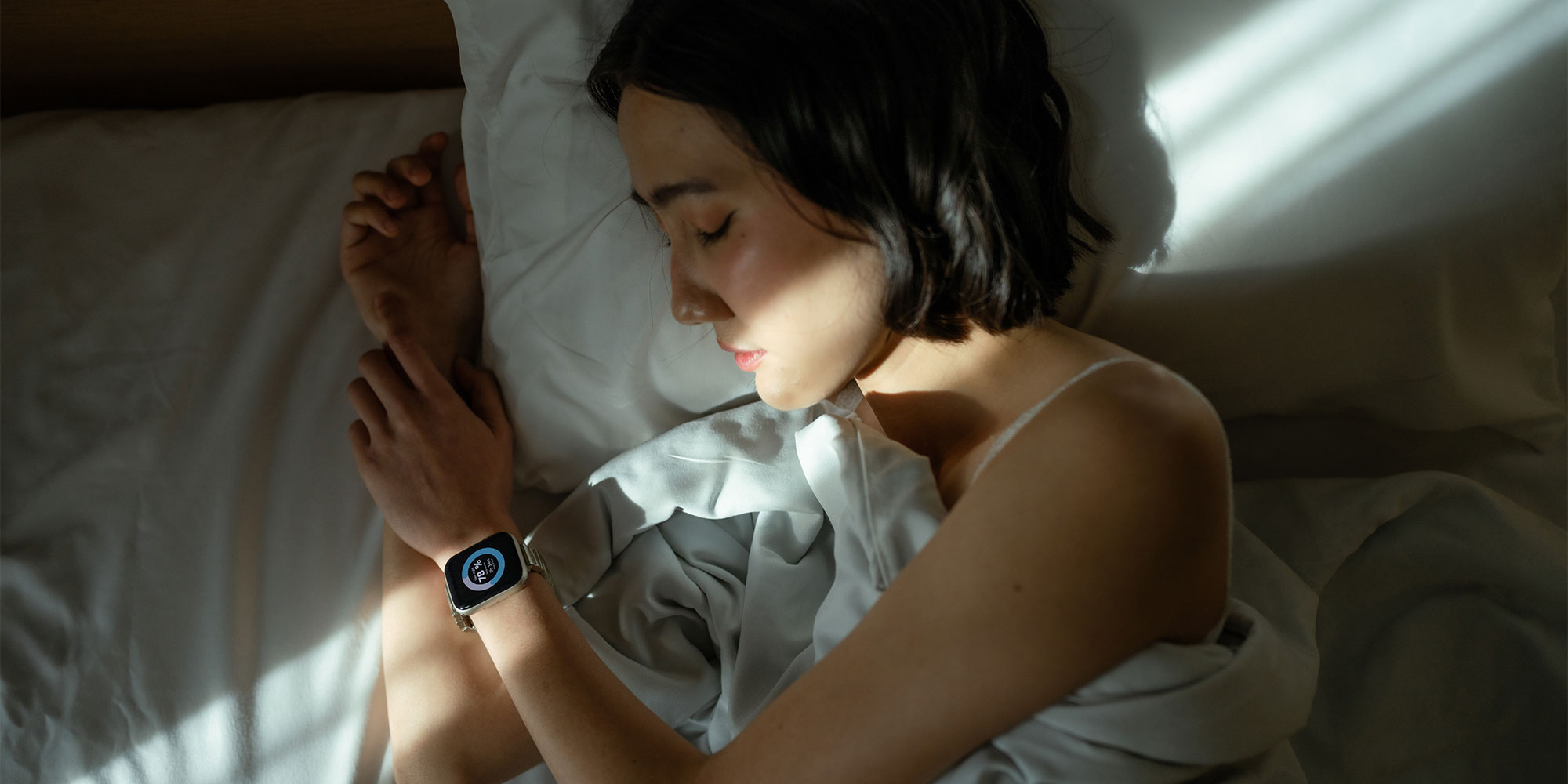
Unfortunately, sleep trackers like smartwatches, fitness trackers and smart rings aren't seen as a good solution for sleep disorders in general.
Professor Leschziner explains that a tracker’s accuracy is believed to drop for people with specific sleep disorders, such as sleep apnoea or restless legs syndrome, as these conditions disrupt some of the signals. That's because sleep trackers rely upon movement and heart rate to define and characterise sleep and really need to be interpreted with caution in these conditions. Movement in sleep can certainly affect accuracy.
Kathryn Pinkham clarifies that this is why, for sleep apnoea, consumer-grade trackers aren't diagnostic tools – they may detect patterns such as frequent awakenings, but they can't replace medical testing such as polysomnography. This is especially true if you tend to lie still while awake, which is common for people with insomnia.
Professor Leschziner puts it simply: 'If you think you may have a sleep disorder, the first port of call should be your GP, not the gadget shop.'
Looking to boost your health? Discover the best magnesium supplements when we reviewed 26 popular options
When should you use a sleep tracker?
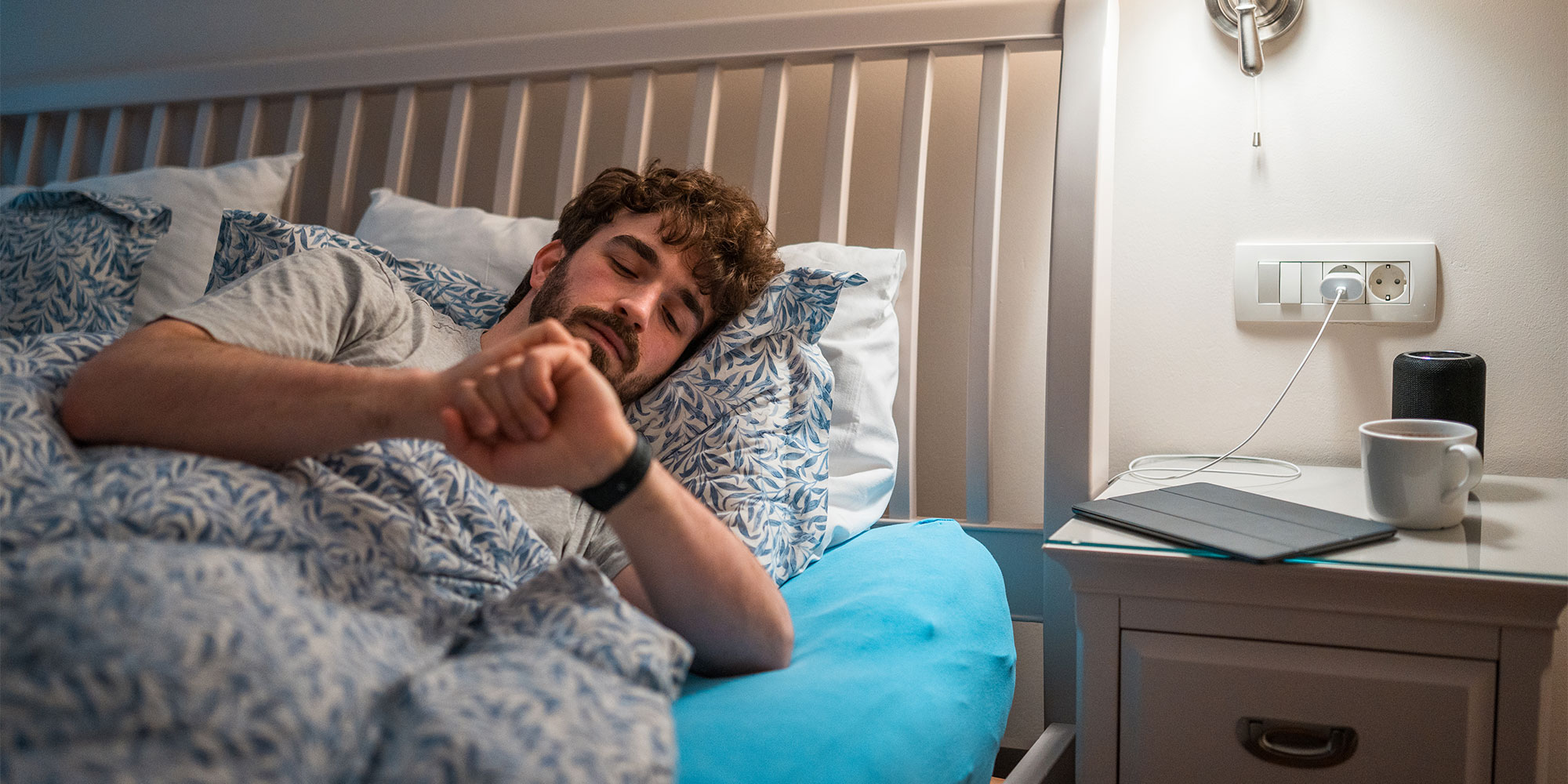
Should we all throw our trackers in the bin? Not at all. They can still be useful if you're a generally healthy sleeper who’s just curious about your patterns and wants to identify factors influencing sleep to manage habits better, even with simple metrics such as time spent in bed versus time asleep.
As Kathryn sees it: 'For someone who doesn't prioritise sleep, the data could highlight you are not getting enough sleep, prompting the move to making sleep a higher priority.'
If you do decide to use one, a healthy mindset is key, and in these cases, think of your tracker as a helpful nudge, not as a tool for fixing a deeper problem.
She offers three tips:
- Use data sparingly: Review numbers once a week to spot trends, not every day.
- Focus on how you feel, not the score: The metric may not be accurate enough to change your day based on it. We can cope with more than we think, even when tired, so try to focus on how you feel and not the score you get.
- Complement with Cognitive Behavioural Therapy for Insomnia (CBT-I) strategies: If you're struggling to sleep, don’t change your routine based on data. Instead, work on resetting your body clock, strengthening your sleep drive, resetting your mindset towards sleep (rather than over-focusing on it) and reducing vigilance.
Rather than obsessing over nightly scores, prioritise how you feel over the data. The numbers aren't always perfect, so trust your own body rather than letting a poor score dictate your day.
See our guide on how to track sleep on a smartwatch or fitness tracker for more
How to choose a good sleep tracker
If you're in the market for a sleep tracker, where do you start? Beyond flashy features, Professor Leschziner's advice is to 'research their accuracy, choose something that does not require constant charging, and is comfortable to wear'.
Basically, you want a device with a battery that lasts for several days, so you’re not caught out. It should also be lightweight and comfortable enough that you forget you’re even wearing it. A clear, easy-to-use app is the final piece of the puzzle.
Which? member exclusive: our sleep tracker pick
Join Which? to unlock the fitness tracker we'd recommend for sleep tracking. Already a member? Log in here.
Are smart rings better for tracking sleep?
Wearing a watch to bed isn't for everyone, and that's where smart rings come in. They track many of the same things as a watch, but in a much smaller package that you might find more comfortable overnight. Just be aware that this smaller size often comes with a higher price, and sometimes a monthly subscription is required to access all features.
Which? member exclusive: our smart ring for sleep tracking pick
Join Which? to unlock the smart ring we'd recommend for sleep tracking. Already a member? Log in here.




